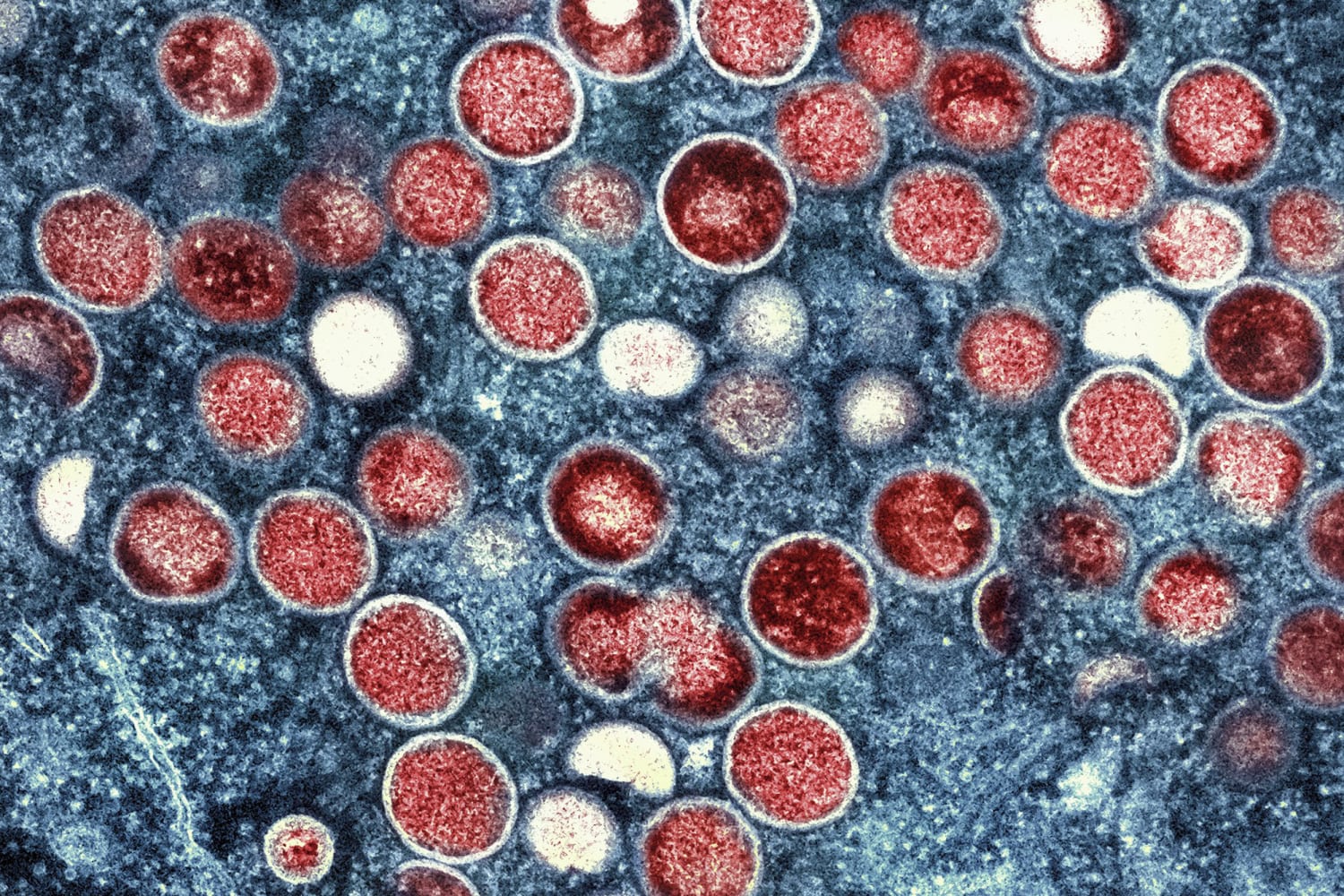[ad_1]

The World Health Organization on Thursday declared an end to the global health emergency for mpox, the rare but potentially serious disease formerly known as monkeypox.
Over the last three months, countries reported nearly 90% fewer cases compared to the previous three-month period, WHO Director-General Tedros Adhanom Ghebreyesus said Thursday.
“Yesterday, the emergency committee for mpox met and recommended to me that the multicountry outbreak of mpox no longer represents a Public Health Emergency of International Concern. I have accepted that advice. And I’m pleased to declare that mpox is no longer a global health emergency,” Tedros said.
The WHO issued the emergency declaration in July amid a major global uptick in cases. The designation is reserved for the most serious disease outbreaks and has been assigned to seven since 2007: mpox, Covid, Zika, H1N1 flu, polio and Ebola (which has gotten the declaration twice).
More than 87,000 mpox cases and 140 deaths have been reported across 111 countries since January 2022, according to the WHO. The U.S. has recorded more than 30,000 cases and 42 deaths since May 2022, when the country’s outbreak began.
Mpox belongs to the family of poxviruses, which includes smallpox. People with the disease often develop a rash, which may be located on the hands, feet, chest, face, or mouth or near the genitals.
Over the course of this outbreak, the virus has mostly spread through contact with lesions during sexual activity, and men represent the overwhelming majority of cases.
The U.S. began widely distributing the Jynneos mpox vaccine to at-risk groups in June. The country’s outbreak peaked in August, with more than 400 cases per day, but cases have dropped off since. Around 1.2 million vaccine doses have been administered during the outbreak, but the Centers for Disease Control and Prevention estimates that just 1 in 4 of the people most at risk are fully vaccinated.
CDC data show show that two doses of the Jynneos vaccine reduce the risk of mpox disease by 69%. The agency recommends the shots for men who have sex with men as well as transgender, nonbinary, or gender-diverse people who have gotten a new diagnosis of a sexually transmitted disease or have had more than one sexual partner in the past six months.
The CDC issued a reminder this week about mpox vaccinations heading into the summer, as gay and bi men travel to LGBTQ events, which fueled outbreaks last year.
On Wednesday, the Los Angeles County Department of Public Health recommended vaccines for people at higher risk for mpox “to reduce the risk of contracting or transmitting mpox at upcoming festivals and Pride events.”
The department cited a recent cluster of mpox cases in Chicago as evidence that infections could rise again. One Chicago-based clinic, Howard Brown Health, reported eight new cases of mpox between mid-April and Monday, compared with just one case in the prior three months.
According to the CDC, more than half the cases in the Chicago cluster are among people who have gotten mpox vaccines. The agency is conducting studies to determine how long immunity after vaccination lasts.
Tedros said Thursday that travel-related mpox cases in all regions of the world highlight the virus’ continued threat.
“While we welcome the downward trend of mpox cases globally, the virus continues to affect communities in all regions, including in Africa, where transmission is still not well understood,” he said.
[ad_2]
Source link
